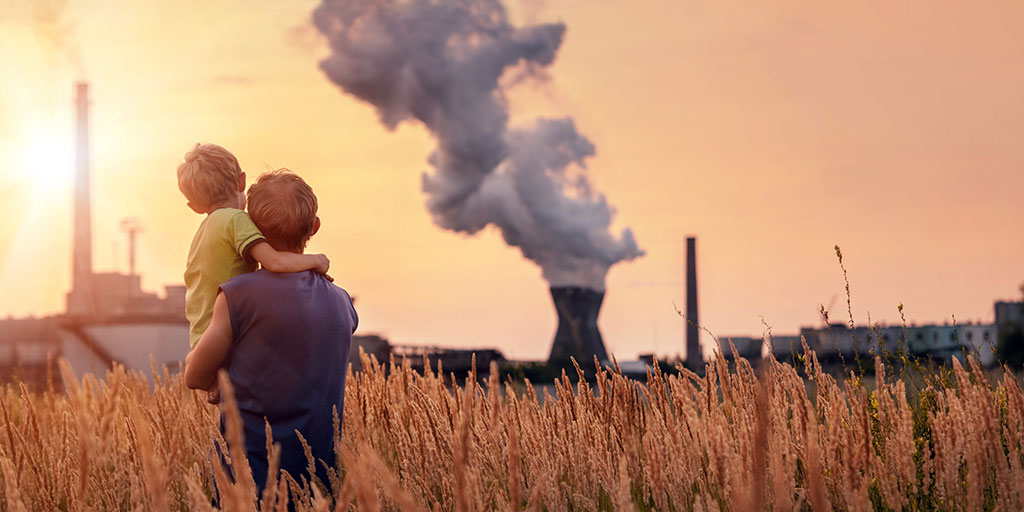Living in areas with high pollution levels, such as urban centers or industrial zones, can pose significant health risks. However, with proactive measures, you can mitigate these effects and maintain your well-being. Here’s a comprehensive guide to staying healthy in polluted environments.
1. Monitor Air Quality Regularly
Stay informed about the air quality in your area by checking the Air Quality Index (AQI). This index provides real-time data on pollution levels, helping you plan outdoor activities accordingly. On days when the AQI is high, limit outdoor exposure, especially during peak pollution times.
2. Use Protective Gear
When venturing outdoors, wear high-quality masks such as N95 or N99 respirators. These masks effectively filter out harmful particulate matter, reducing the amount of pollutants you inhale. Ensure the mask fits snugly to prevent air leakage. The Times of India+1Techniblogic+1@Medanta
3. Enhance Indoor Air Quality
Improve the air quality inside your home by:
- Using Air Purifiers: Invest in HEPA filter-equipped air purifiers to remove airborne pollutants.
- Ventilating Smartly: Open windows during low-pollution hours to allow fresh air circulation. Asianet News Network Pvt Ltd+2@Medanta+2Eggoz+2
- Incorporating Indoor Plants: Plants like peace lilies and snake plants can absorb certain toxins and improve indoor air quality.
4. Modify Exercise Habits
Exercise is vital for health, but it’s essential to adapt to polluted environments:
- Indoor Workouts: Opt for indoor exercises, such as yoga or gym sessions, on days with poor air quality.
- Timing Outdoor Activities: If you must exercise outdoors, choose times when pollution levels are lower, typically after rainfall or in the late afternoon.
5. Maintain a Pollution-Resistant Diet
A nutritious diet can bolster your body’s defense against pollutants:
- Antioxidant-Rich Foods: Consume foods high in antioxidants, such as berries, citrus fruits, and leafy greens, to combat oxidative stress caused by pollution.
- Hydration: Drink plenty of water to help flush out toxins from your system.Eggoz+1Asianet News Network Pvt Ltd+1
- Detoxifying Foods: Incorporate foods like jaggery, which can aid in detoxifying the body from pollutants. The Times of India+1Eggoz+1
6. Limit Exposure for Vulnerable Groups
Children, the elderly, and individuals with pre-existing health conditions are more susceptible to the adverse effects of pollution. Take extra precautions for these groups by:
- Reducing Outdoor Activities: Limit the time spent outdoors during high pollution periods.American Lung Association
- Creating Clean Indoor Spaces: Ensure that indoor environments are well-ventilated and equipped with air purifiers.
7. Advocate for Cleaner Air
While individual efforts are crucial, collective action can lead to significant improvements:
- Support Environmental Initiatives: Engage with organizations working towards reducing pollution and promoting clean air policies.
- Raise Awareness: Educate others about the importance of air quality and encourage community participation in environmental conservation efforts.
Conclusion
Living in a polluted area presents challenges, but by taking informed and proactive steps, you can safeguard your health. Regular monitoring of air quality, using protective gear, enhancing indoor environments, adapting exercise routines, maintaining a healthy diet, protecting vulnerable groups, and advocating for cleaner air are all effective strategies. Remember, your health is in your hands—take charge and thrive despite the pollution around you.
 Skip to content
Skip to content















